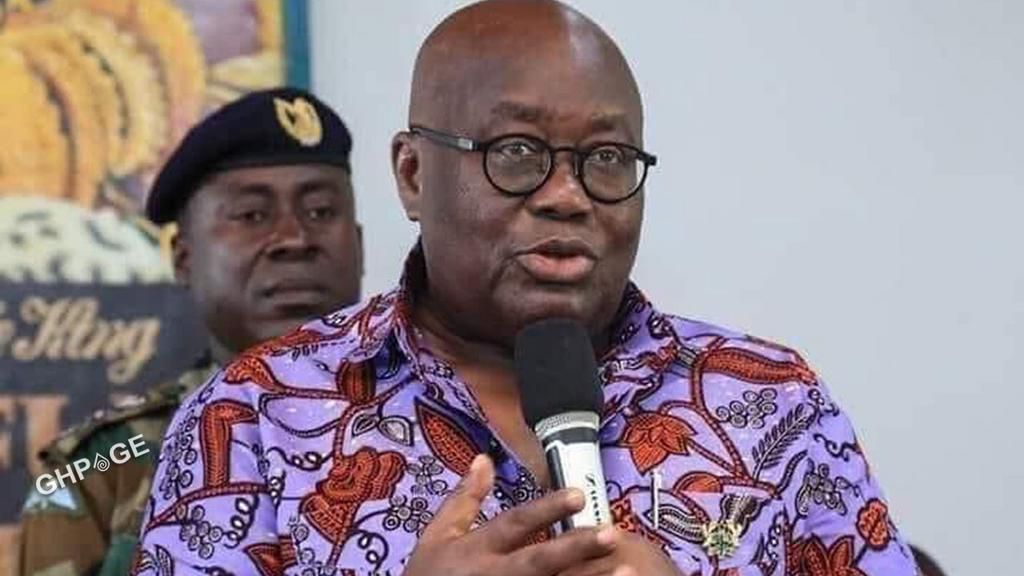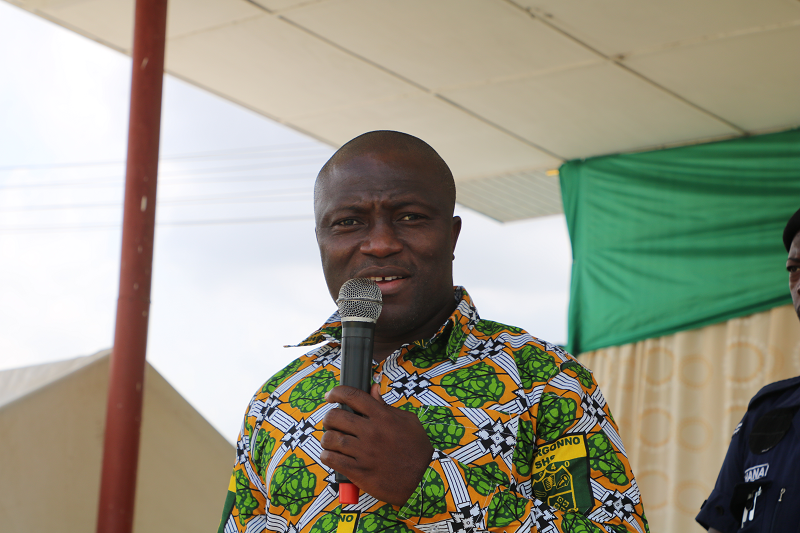Opinion: Lifting of lockdown blues, was Akufo-Addo justified?
)
In his nationwide broadcast to announce the end of the partial lockdown, President Akufo-Addo said easing the preventive restrictions was “in view of our ability to undertake aggressive contact tracing of infected persons".
The president went on to say: "Lifting these restrictions does not mean we are letting our guard down […] I am demanding even greater adherence to these measures."
However, with Ghana's positive case count of COVID-19 rising, this decision has generated a lot of controversy over the last few days.
The Ghana Medical Association, in a press release, disclosed that the president didn't consult them before lifting the restrictions.
“We were not consulted before the decision being made. But after the decision was made the president found it necessary to inform us and after listening to him, he has our blessing,” a Deputy General Secretary of the Association had said.
Though in the president's address, he indicated that he took the decision based on science and data, many critiques have labeled it as more of an economic and political decision than a scientific one.

According to the main opposition party, the National Democratic Congress (NDC) the lifting of the restrictions is “premature and dangerous and would most likely result in a significant escalation in the numbers of cases.”
The National Communications Director of the party, Sammy Gyamfi argues that the President’s decision appeared to be a politically motivated one that sought to allow the Electoral Commission to continue with its intended registration exercise.
“It is clearly a politically-motivated decision, calculated to allow the EC the space to undertake its entrenched and illogical determination to compile a new voters’ register for the 2020 general elections and nothing more,” he said in a Facebook post.
Was the president justified?
In light of all these critiques and praises for the president on his decision, one may be tempted to ask if it was a prudent one looking at Ghana's case count.
The Trades Union Congress posits that the lifting of the lockdown was a good decision looking at how people were struggling economically.
Describing the impact of the health crisis on employment in Ghana as “mind-boggling”, Dr. Yaw Baah told the President that “businesses are collapsing in almost all the sectors of the economy, many people have already lost their jobs, and many more would have lost their jobs without the easing of these restrictions.”
But looking at some of the measures President Akufo-Addo urged Ghanaians to take to fight COVID-19 during the lifting of the lockdown, it won't be wrong to say that it hasn't worked.
The president emphasized the wearing of nose masks by everyone especially in the epicenters, however the situation on the ground in these areas suggests otherwise.
Most people are going about their daily businesses in town without protective nose masks and the social distancing being preached by the government is being flouted left, right and center.
Markets and city centers are filled with most of them not adhering to the social distancing guidelines instructed by the president.
It is in this vein that the Accra Metropolitan Assembly (AMA) has issued a directive to organizations in Accra to bar people without face masks from entering their premises.

According to Mayor of Accra, Mohammed Adjei Sowah who gave the directive, as long as one could get a cloth to cover their nose and mouth they would be allowed entry into the city hall adding that these measures would help slow the spread of the virus especially from people who may have the virus and do not know.
He noted that henceforth everyone coming into the city center was required to wear a nose mask as directed by the President.
The above directive indicates that the responsibility President Akufo-Addo expects from Ghanaians in our fight against COVID-19 isn't going as planned.
Therefore, another week of the lockdown and intensified education about the importance of nose masks and social distancing would have helped strongly in our fight against this deadly virus.
Ghana currently has 1279 cases with 10 deaths
Pulse Editor's Opinion is the opinion of an editor of Pulse. It does not represent the opinion of the organisation Pulse.
)
)
)
)
)
)
)
)
)
)
)
)